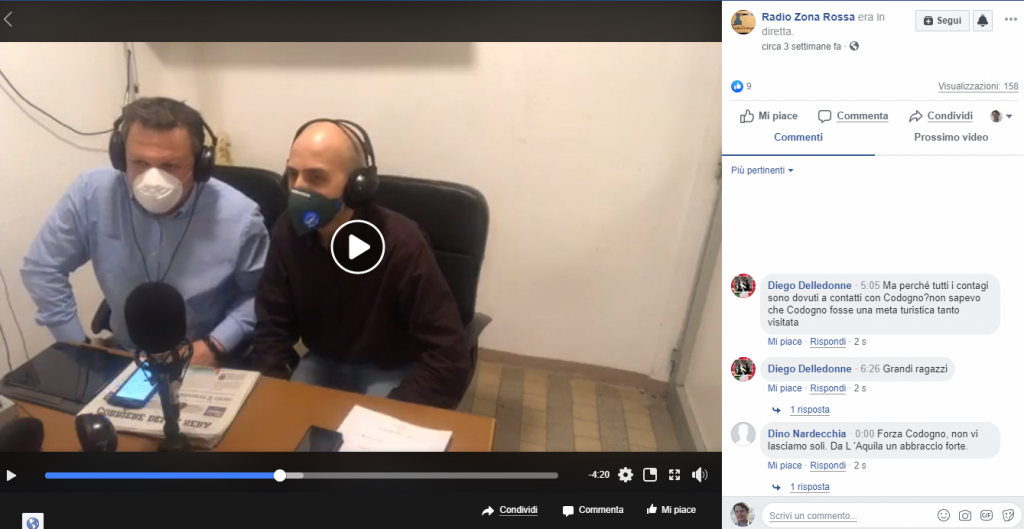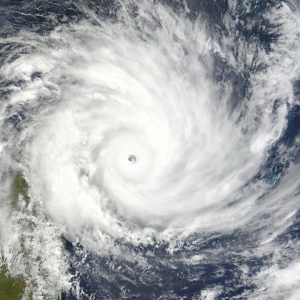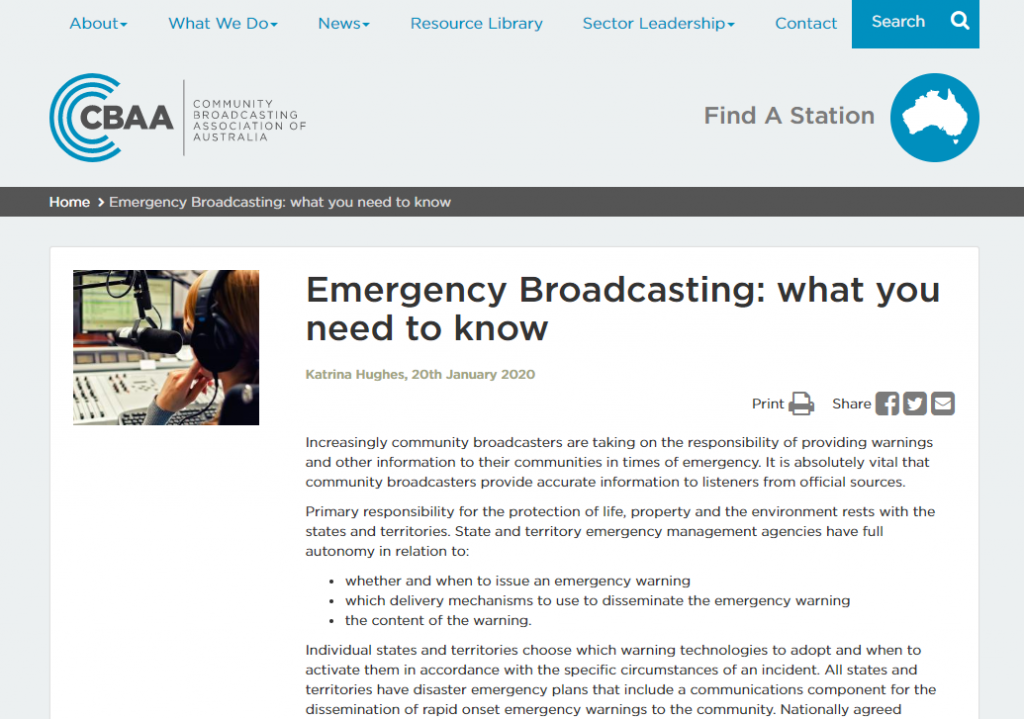
Source
Codogno, one of the first Italian towns put into quarantine on February 21st, 2020, with all access roads blocked until midnight on March 9th, 2020, has a half hour programme called ‘Radio Zona Rossa’ on the parish radio station Radio Codogno. The aim of the transmission is to give information through brief, live news updates to all those confined at home in the town. Community broadcasters serve the local populations more efficiently in emergencies and their work should be much more appreciated by governments.
More funds less bureaucracy

Source
In Italy funding is required. The associations of broadcasters are asking the government for financial aid due to them not being able to continue giving information about the coronavirus crisis because of lack of investment in advertising.
Whereas in India a simplified bureaucratic system would be sufficient. The national association of Indian community broadcasters has asked for more streamlined bureaucratic procedures to enable them to restart transmitting immediately when radio studios suffer damage by natural disasters. This is in order not to have a repetition of the calamity on May 3rd, 2019, when Cyclone Fani interrupted broadcasting of a number of radio stations in the municipality of Puri in the eastern Indian state of Odisha.
The right words to prevent panic

Source
Managing emergency transmissions involves enormous responsibility. Radio presenters must choose the words they use with great care to avoid spreading panic. In countries like Australia, where bush fires devastated the continent until the middle of February, broadcasters are obliged to follow the guidance of the Australian Institute for Disaster Resilience. They provide specific measures to be followed when deciding not only if and when to report the news and the way it should be made public, but they also outline how to structure the content and choice of words.



